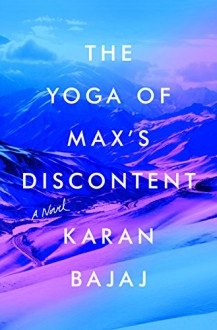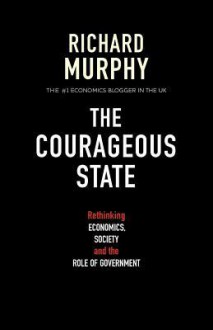
Amidst the myriad compilations of famous and notable people, “100 Extraordinary Stories for Courageous Girls” stands out in that it highlights specifically women of faith. This includes some women who were not necessarily praiseworthy but who nevertheless provide valuable lessons through their actions. One page is dedicated to each of the one hundred women portrayed alphabetically, alongside which is an illustration of them, and this setup is very advantageous for being brief and for possibly reading this in a devotional style, focusing on one woman per day. The women include Biblical characters as well as historical figures and a few contemporary ones. The Biblical women’s stories include the relevant Scriptures, and all of the stories end with a moral message related to the Bible along with a Scripture quotation. Not all of the stories have happy endings; some of the women were martyred for their faith, and although the author mentions that some were tortured, there are no graphic details. When mature words were used, such as “martyr” or “heresy”, a definition was given, and all of the Scripture references were quoted in easy-to-understand language. This is a beautiful collection of the lives of inspirational women of faith, some of whom have otherwise been lost to the annals of history, and a wonderful book for tweens and young teens.
I received a complimentary copy of this book from Barbour Publishing and was under no obligation to post a review.

 Log in with Facebook
Log in with Facebook 










